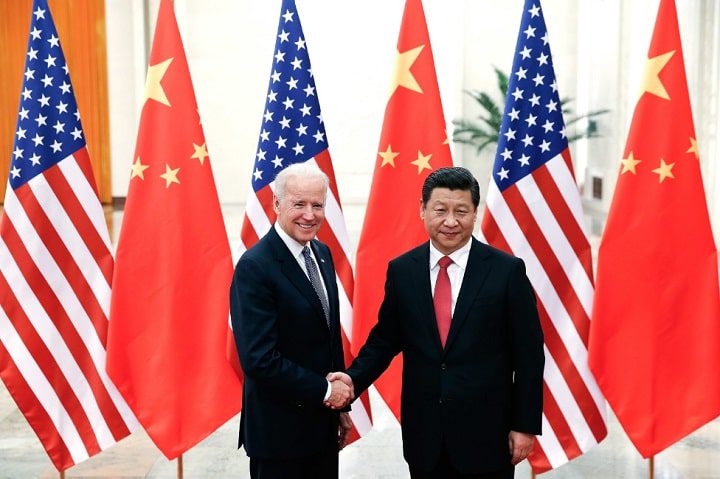As per the German Chancellor, Olaf Scholz, the G7 countries shall keep making massive investments in China despite the risks when it comes to trade.
The G7 leaders have been at a three-day summit in Hiroshima, Japan. The signals were sent to China, right from semiconductors to economic coercion as well as lending practises, and it was decided that there would not be any decoupling from the second-largest world economy.
The chancellor, who was speaking to ZDF, the German broadcaster, said that the big investments are still going to go ahead with exports as well as supply chains to China. As per him, the countries, although they desired to go ahead with limiting the risk exposure, were not actually interested in stalling Chinese growth.
With Ukraine
G7 nations also went on to show Russia that they would go ahead and stand by Ukraine for the long term while giving President Zelenskiy an opportunity to win countries such as India and Brazil on the summit’s final day. The distrust of China as a trading partner as well as the intent to help Ukraine so as to repel the Russian invasion happened to be important messages that were delivered by the leading democracies of the world.
However, even as G7 leaders went ahead with wrapping up the three-day summit, Russia claimed to have captured the city of Bakhmut in eastern Ukraine. There has already been a lot of debate amongst the G7 countries as to how to respond to this conflict, which is already approaching a year and a half.
According to French President Emmanuel Macron, this summit was indeed a big opportunity to convince countries like India and Brazil to rally their support for Ukraine. On the first day of the summit, apart from President Biden’s F-16 training endorsement, the G7 also put forth some new sanctions on Russia. It is well to be noted that President Biden is also planning to go ahead with a $375 million rollout of a military aid package, especially for Ukraine.
An official, on condition of anonymity, said that the package will have in it ammunition, artillery, and HIMARS rocket launchers. Zelenskiy has urged nations to go further when it comes to economic as well as military steps.
Common interest in conservation and climate with China
The G7 leaders went ahead and outlined a shared step towards China so as to de-risk but not decouple their economic engagement with a nation that many regard as the factory of the world. The leaders happen to state that cooperation with China is indeed essential given the role it plays in the international landscape. That said, steps would be taken so as to safeguard sensitive technology that can even threaten national security without limiting investment or trade.
As per Macron, one should not be naive and must know where to engage with China. That said, the interest needs to be preserved with protection for value chains as well. There is no point in an escalation; however, when it comes to key elements, one has to protect itself.
The Quad Meet
Anthony Albanese, the Australian Prime Minister, said that he did back the G7 joint statement that stressed the requirement to soften the reliance on trade when it comes to China.
Albanese, who was addressing a media group in Hiroshima while attending a Quad Leaders Summit on the G7 sidelines, said that he does support the G7 communiqués when it comes to international relations, which they happen to have there. According to him, Australia has for some time expressed concerns when it comes to China’s activity. It was in May last year that a Chinese fighter jet intercepted an Australian military plane in the South China Sea, as per the defence department of Australia.
Albanese did add that they have indeed expressed their concern in the past and will continue to do so. As per him, they need to make sure that collaboration happens in a way that elevates security, peace, and stability in the region. Apparently, China has already expressed opposition to the G7 statement to Japan, which is the summit organiser, as per the foreign ministry of China.
The Quad, which comprises the US, India, Japan, and Australia, opined that they were looking for a region that no country dominates or gets dominated, a language that sort of made China the target.
Albanese’s comments are a result of the recent thaw in relations between the two countries, with China all set to continue Australian timber imports and talks going on about the Australian prime minister’s visit to Beijing.
It is well to be noted that the main political opposition in Australia has gone on to urge Albanese not to visit China before confirmation comes on the lifting of trade sanctions.






















